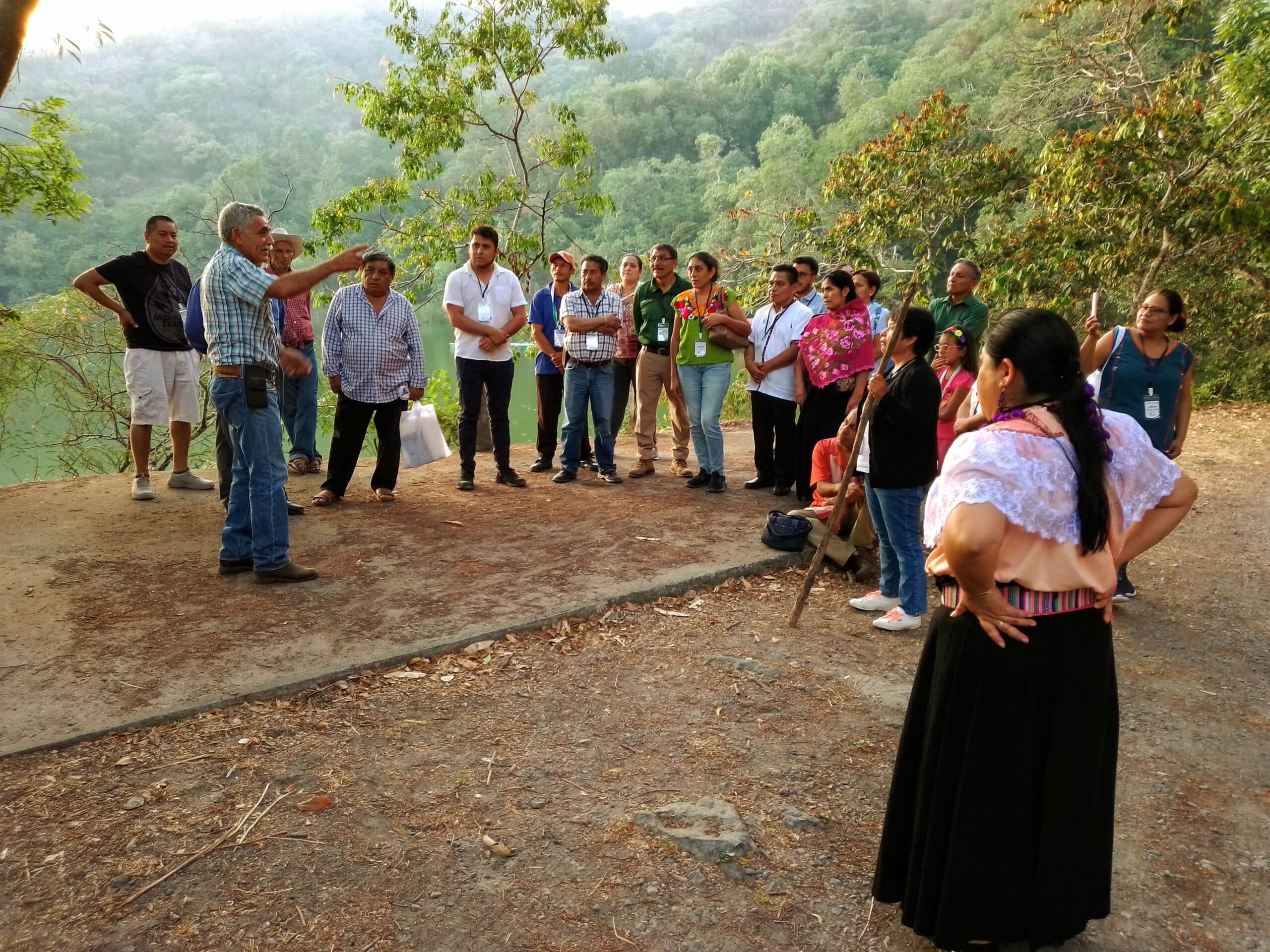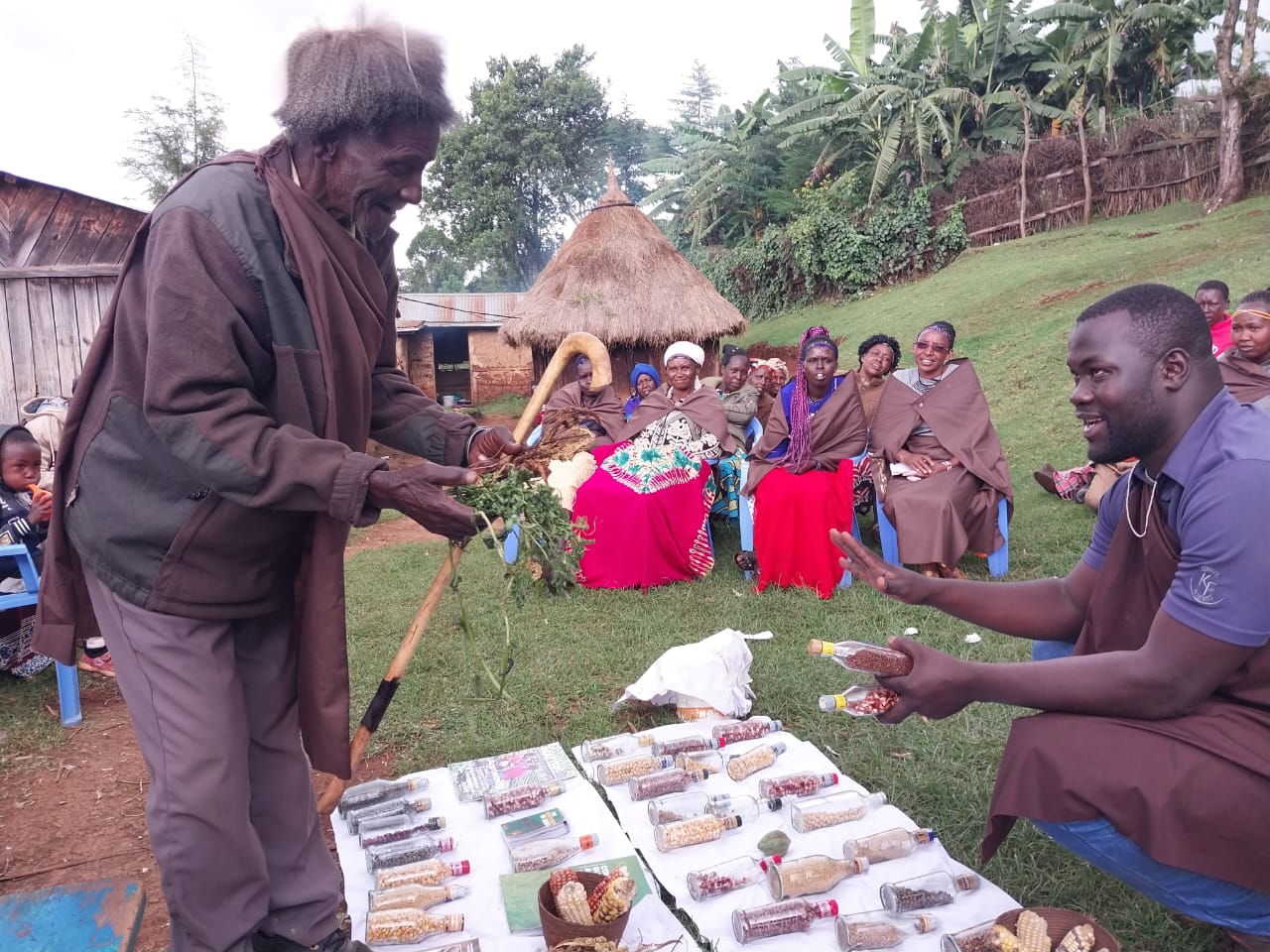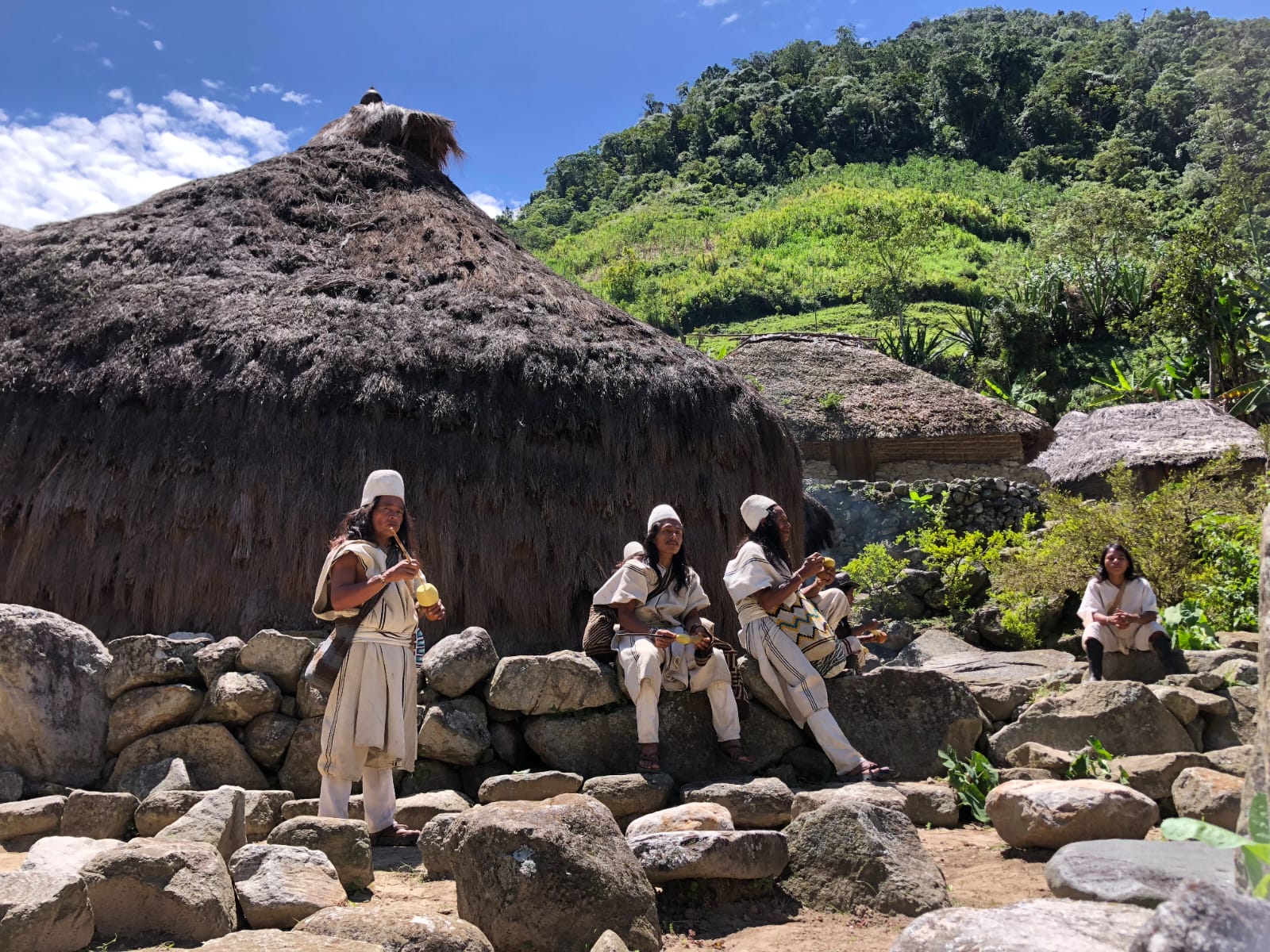INTERNATIONAL DAY OF THE WORLD’S INDIGENOUS PEOPLES
9 August 2019
Remarks by Mr. Brian Keane, Rapporteur of the UN Permanent Forum on Indigenous Issues
Ms. Amina Mohammed, Deputy Secretary-General,
Mr. LIU Zhenmin, Under-Secretary-General of Economic and Social Affairs,
Chief Thompson,
Excellencies,
Ladies and Gentlemen
I am honoured to be here today to celebrate the International Day of the World’s Indigenous Peoples with the theme of Indigenous Languages.
On behalf of the members of the UN Permanent Forum on Indigenous Issues, I would like to thank the General Assembly for proclaiming 2019 as the International Year of Indigenous Languages. This has brought significant attention to the urgent need to promote, revitalize and strengthen indigenous languages.
There are between 6,000 and 7,000 oral languages in the world today, most of them spoken by very few individuals. It is estimated that approximately half of the world’s languages will become extinct by the year 2100. Most of these will be indigenous languages. More than 50 percent of the world’s indigenous peoples are in danger of losing their languages.
Data clearly show that this devastating trend is occurring all over the world:
- In Latin America, UNICEF estimates that one fifth of the indigenous communities no longer speak their languages; one fourth, of the indigenous languages of the region are in danger of extinction.
- In the United States of America, only four Yuchi-speaking elders remain. They are all over 90 years old.
- For the Tjwao / San people in Zimbabwe – In a population of about 2500, only a dozen elders between the ages of 65-95 now speak and understand their language.
These are only a few examples. There are, unfortunately, many more.
If this trend is allowed to continue, the children and grandchildren of the majority of this generation of indigenous peoples will NOT speak their Mother tongues. This is among the most critical issues that indigenous peoples face today, as it is language that allows indigenous peoples to express their histories and traditions and to transmit their knowledge to future generations.
The loss of indigenous languages is exacerbated by ongoing conflicts over natural resources, destruction of indigenous peoples’ livelihoods, and forced relocation from their ancestral territories. This is intensified by assimilationist policies where indigenous peoples are required to adopt the cultures and languages of the dominant population. The lack of legal recognition of indigenous languages often results in prejudicial treatment and disadvantages for indigenous peoples, in particular in the areas of education, health and access to services.
More often than not, indigenous languages are not taught in schools. In fact, in some countries indigenous children are still forcibly removed from their families and sent to boarding schools, where not only are they forbidden from speaking their languages, but they often also suffer physical, mental and even sexual abuse. This is unconscionable. We know from the history of boarding schools in the United States and Australia; we know from the work of Canada’s Truth and Reconciliation Commission, which was headed by Chief Wilton Littlechild and which spent over five years gathering evidence and listening to the testimony of over 7000 residential school survivors, that the purpose of these institutions is to destroy the cultural identities of indigenous children. We can and must do better than this.
Indigenous languages cannot be revitalized in a vacuum. Protection of indigenous peoples’ languages requires protection of their lands, territories and resources. It requires recognition of all of their rights, as laid out in the United Nations Declaration on the Rights of Indigenous Peoples. Cultural and language rights are indivisible from all of the other rights of indigenous peoples, and are critical to the implementation of the Declaration – as committed to by Member States at the World Conference on Indigenous Peoples in 2014.
Central to all of these rights, and key to the protection of indigenous languages, is indigenous peoples’ right to self-determination, which includes their right to freely pursue their own economic, social and cultural development, to self-government in matters relating to their internal and local affairs, and their right to maintain and strengthen their distinct political, legal, economic, social and cultural institutions (as stated in articles. 3, 4 and 5). Further, to preserve and revitalize their languages, indigenous peoples must be able to establish and control their own educational systems and institutions, and have access to education in their own languages (as stated in articles 13 and 14).
Indigenous languages have been developed over millenia and are inextricably linked to the lands, waters, territories and resources of the peoples that speak them. Each language represents a unique framework for understanding the world in all its intricacies and represents a complex system of knowledge that is vital for sustaining the Earth’s biological diversity, for finding effective responses to the challenges presented by global climate change, for maintaining the ecological integrity of the world’s remaining intact ecosystems and for ensuring long-term global health and food security. Each time a language dies, so too does a wealth of unique ecological, economic, pharmacological, cultural and spiritual knowledge.
The consequences affect all of us. As the great Marcos Terena, a Xané man from Brazil, said when speaking to the world’s governments at the Earth Summit in 1992 – “the future of indigenous peoples, is the future of humanity”.
So we cannot be complacent. We must all acknowledge that much more needs to be done. We must accelerate our efforts towards the full and effective implementation of the UN Declaration on the Rights of Indigenous Peoples.
In closing, I reiterate the call of the Permanent Forum on Indigenous Issues to proclaim a Decade on Indigenous Languages. We are joined in this call by the other indigenous-specific UN mechanisms – the Special Rapporteur on the Rights of Indigenous Peoples; the Expert Mechanism on the Rights of Indigenous Peoples; and the UN Voluntary Fund for Indigenous Peoples.
Looking to the future, I urge you all to be bold, to invest in inclusive, rights-based approaches to sustainable development that go far beyond 2030, and to work with indigenous peoples as partners in creating a world that is just and sustainable, where the rights of indigenous peoples are both recognized and respected, and where their communities – and languages – thrive.
Thank you



